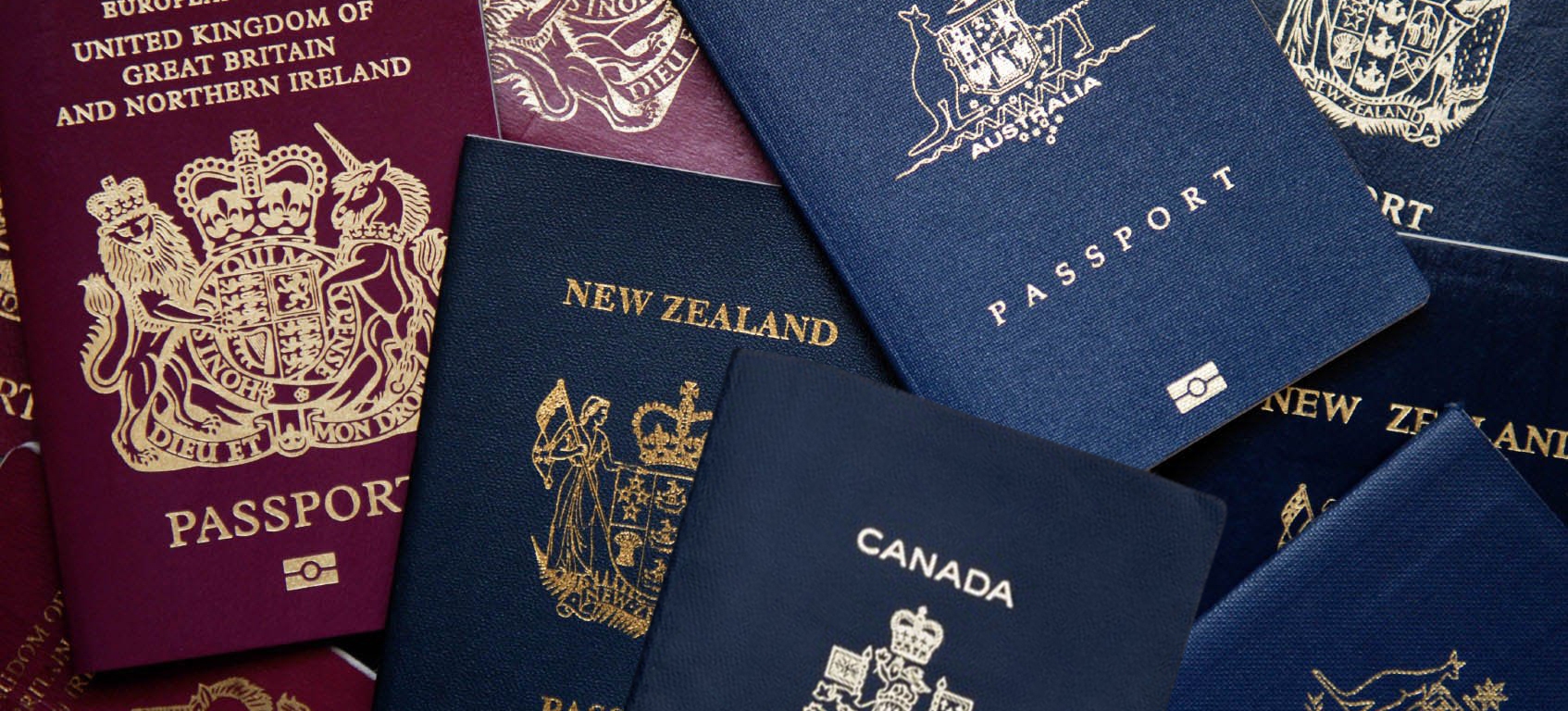The idea: The creation of a political and economic union between Canada, Australia, New Zealand, and the United Kingdom, known as “CANZUK”. There would be unrestricted freedom of movement within the CANZUK area, mutual defence co-operation, and a comprehensive trade arrangement between the four nations.
Why it makes sense: Firstly, there’s the economic case: The CANZUK area would have a combined GDP of somewhere in the region of $6.5 trillion, making it the fourth most prosperous grouping the world. The creation of a common customs union and comprehensive free trade zone would transform what are currently four “medium-sized” economies into a major economic bloc with genuine global clout.
Next, we have the political dynamics of the CANZUK model. Australia, Canada, New Zealand, and Britain share not only a single head of state but also a common political and legal system. The four nations are all “Westminster-style” parliamentary democracies, and each employs a legal system rooted in the common law. This is significant in that makes the eventual creation of a full-scale federation a distinct constitutional possibility. The political similarities between the countries would also make it easier to achieve mutual recognition of the economic, environmental, labour, and health and safety regulations of each of the four members.
That CANZUK would comprise just four nations also has its advantages. Aligning the interests of just a handful of states would be an eminently more straightforward exercise than aligning the interests of, say, 28 states.
Finally, it’s important that we don’t ignore the most appealing aspect of CANZUK: the right of citizens to move freely between the four countries. The existence of a single language, long-standing familial ties, and a set of common cultural practices would make movement within the bloc straightforward and the process of integration would be swift, and in some cases, immediate. An additional advantage of CANZUK free movement is that citizens would be provided with an unparalleled degree of choice: The broad geographic distribtion of the four countries means that citizens would have the option to live in Europe, North America, or the Asia-Pacific region.
It seems, moreover, that the idea of free movement between the four nations enjoys considerable popular support. Polling conducted by Royal Commonwealth Society suggests that 70% of Australians, 75% of Canadians, 82% of New Zealanders, and 58% of Britons would support the creation of reciprocal freedom of movement rights. And although support may be slightly softer in the UK, only 19% of Britons expressed an opposition to the plan (compared with 35% who oppose freedom of movement between the UK and EU).
Could it happen? The chances of CANZUK happening have improved dramatically following the UK’s decision to leave the European Union. The British Foreign Secretary, Boris Johnson, is an advocate for free movement between the four nations, and an underlying theme of the pro-Brexit campaign was the revival of the Anglosphere. Post-Brexit Britain – the world’s sixth largest economy, and fifth largest military power – is looking to built new friendships, and the government will certainly have its eye on the three countries with which it has the deepest historical links.
The election of Donald Trump is also a shot in the arm for the CANZUK movement. If the Trump administration follows through on its commitment to tear up NAFTA, it’s plausible that Canada may look deepen its economic links with the world’s other English-speaking countries. In Britain and Australia, Canada would certainly find far more reliable partners, and not to mention ones with which it would find itself on a more equal footing. And similarly, if President Obama’s pivot to Asia undergoes substantial change (as it looks like it could), it may be in the interests of Australia and New Zealand to deepen their defence links with the UK.
Ultimately, it seems that all four nations have much to gain for creating CANZUK, and the popular support for the project is there. The only question is whether politics will get away.
Likelihood of happening: 35% (Stranger things have happened).

Hey James, great article!
Just a quick comment..
“Britain – the world’s sixth largest economy”
The UK is the 5th largest economy in the world overtaking France a few years ago.
http://statisticstimes.com/economy/countries-by-projected-gdp.php
Thanks
LikeLike
Thanks Scott! Glad you enjoyed it. We’ll make an amendment to reflect that statistic.
LikeLike